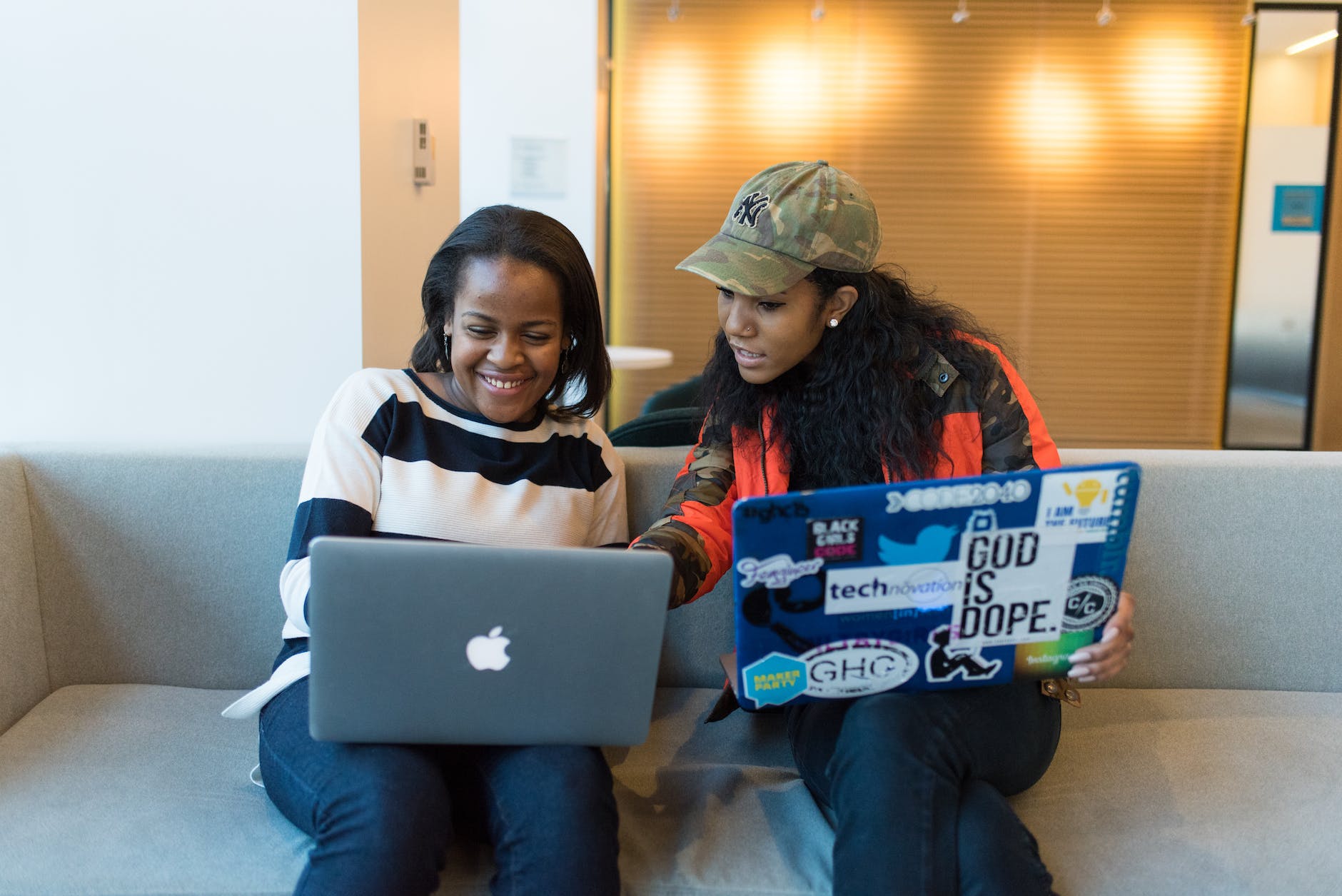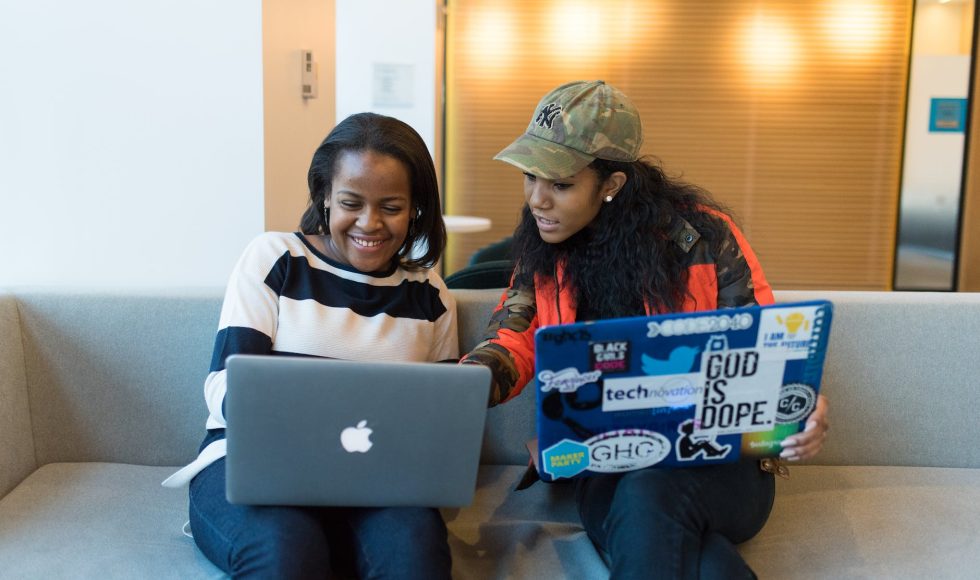This morning the ASCN group hosted Maha Bali. It was a fun session and timely, as tonight I am watching the keynote of the Alternative Assessment Institute 2022. It was really interesting to watch the session after having participated in one earlier. Bali shared slides at: https://bit.ly/altassessBali Bali starts with a check in to learn how people are feeling. Instead of a land acknowledgement, Bali uses a quote about coloniality survives colonialism from Maldonado-Torres, 2007. Bali then shared the question: “what is an unexpected thing that brought you peace or joy recently?” This question was followed by the question “what is one of your favorite assessments?” The attendees shared their creative assessments including portfolios, student-created artifacts, reflection stories, letters to the editor, video abstracts for scientific articles, declaration quizzes, podcasting by students… Bali shared the quote by Kris Shaffer:
No system of academic assessment is intrinsically good, only good for a purpose. That purpose must be established first.
Kris Shaffer
Bali shared results of an online poll she did to learn what assessments people used that ended up having unintentional or non-inclusive results. Some examples unintentionally caused anxiety or excluded people with or without certain family structures. The question was about creating an assessment that “went wrong” and Bali summarized ideas shared in the chat. Bali shared the equity/care matrix from Bali & Zamora 2020 and 2022. Bali shared another quote:
Teaching a man to fish is supposed to feed him for a lifetime. Scratch the surface, and we can see that portrays his poverty as caused by lack of knowledge, rather than, say, the fact that there are no fish in the ocean.
Serene Khader, NYT shared by Maha Bali 2022
The Equity/Care matrix has Equity on the y-axis with more equity on the top. The x-axis ranges from no care to care. Equity without care is contractual equity. No care and no equity is systemic injustice. Care without equity is partial care. Equity and care is socially just care. Bali spoke about intentionally equitable hospitality to redress injustice. Then, Bali introduced TRIZ: thinking about the antigoals. Bali shared the Participatory Design framework with levels: to, for, with, and by.Bali shared examples of alternative assessments like alternative CV and choose your digital literacies pathway.Bali suggested adapting alternative assessments by considering who the student is: a non-native speaker of the language, a dark-skinned refugee, blind, ADHD, works full time… all of the above. To conclude, Maha Bali asked participants to share what they think the key takeaways were. I appreciate how interactive these sessions were and how many different perspectives and resources were shared.



